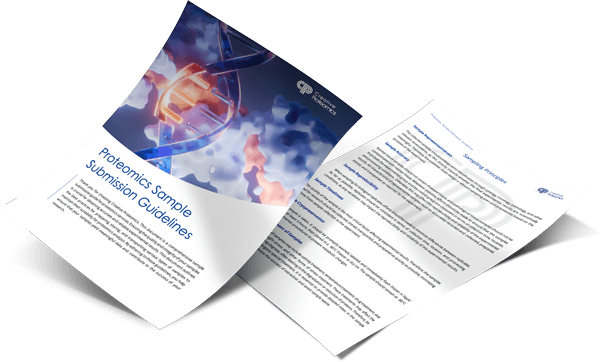Introduction
S-Nitrosylation refers to a covalent attachment of an NO moiety to sulfhydryl residues of proteins. The sulfhydryl residues belongs to a subset of specific cysteine residues in proteins, the resulting SNO is an S-nitrosoprotein. SNOs have a short half-life in the cytoplasm because of the host of reducing enzymes, including glutathione (GSH) and thioredoxin, that denitrosylate proteins. Therefore, SNOs are often stored in membranes, vesicles, the interstitial space and lipophilic protein folds to protect them from denitrosylation. For example, caspases, which mediate apoptosis, are stored in the mitochondrial intermembrane space as SNOs.
Similar to phosphorylation, S-Nitrosylation is a reversible precess. The denitrosylation is an enzymatic catalyzing process that reverses the S-Nitrosylation process. However, S-nitrosylation is not a random event, and only specific cysteine residues are S-nitrosylated. Under physiologic conditions, protein S>-nitrosylation and SNOs provide protection preventing further cellular oxidative and nitrosative stress. Aberrant S-Nitrosylation may lead to protein misfolding, synaptic damage, and apoptosis. Dysfunction of the SNO signaling has been implicated in the pathogenesis of many diseases, such as Alzheimer’s disease cardiovascular diseases.

Our S-nitrosylated Proteins Analysis Service
Because proteins may contain multiple cysteines and due to the labile nature of SNOs, S-nitrosylated cysteines can be difficult to detect and distinguish from non-S-nitrosylated amino acids. Creative Proteomics has established a highly sensitive HPLC-MS/MS pipeline that can analyze S-nitrosylated cysteines in both eukaryotic and prokaryotic organisms. In addition, we have optimized our protocol, to enable more fast and sensitive site mapping service for S-nitrosylated cysteines.
We rely on Thermo Fisher's Orbitrap Fusion Lumos mass spectrometry platform combined with nanoLC-MS/MS to provide S-nitrosylated Proteins analysis service packages. We will take care of all aspects of the project, including protein extraction, proteolytic cleavage, acylated peptide enrichment, peptide separation, mass spectrometry analysis, raw mass spectrometry data analysis, and bioinformatics analysis.
Workflow of our S-Nitrosylation analysis service:

- In gel or in solution digestion of proteins
- Enrichment of S-nitrosocysteine using anti-S-nitrosocysteine antibody
- HPLC separation, followed by ESI-TOF MS/MS analysis
- Mass spectrometry data interpretation
Technology platform:
- Ion Chromatography
- High Performance Liquid Chromatography (HPLC)
- Matrix Assisted Laser Desorption Ionization Mass Spectrometry (MALDI-MS)
Advantages
Applicable to a variety of processing methods: direct mass spectrometry detection of proteins, or detection after conversion to Biotin, His or other tags.
High precision and accuracy: Using a high-resolution Thermo Fisher mass spectrometer, specific modification sites and peptides can be detected.
Simple, fast and convenient: The operation is simple and convenient; the detection and experiment period is short, and the results are reliable.
Ordering Procedure:













